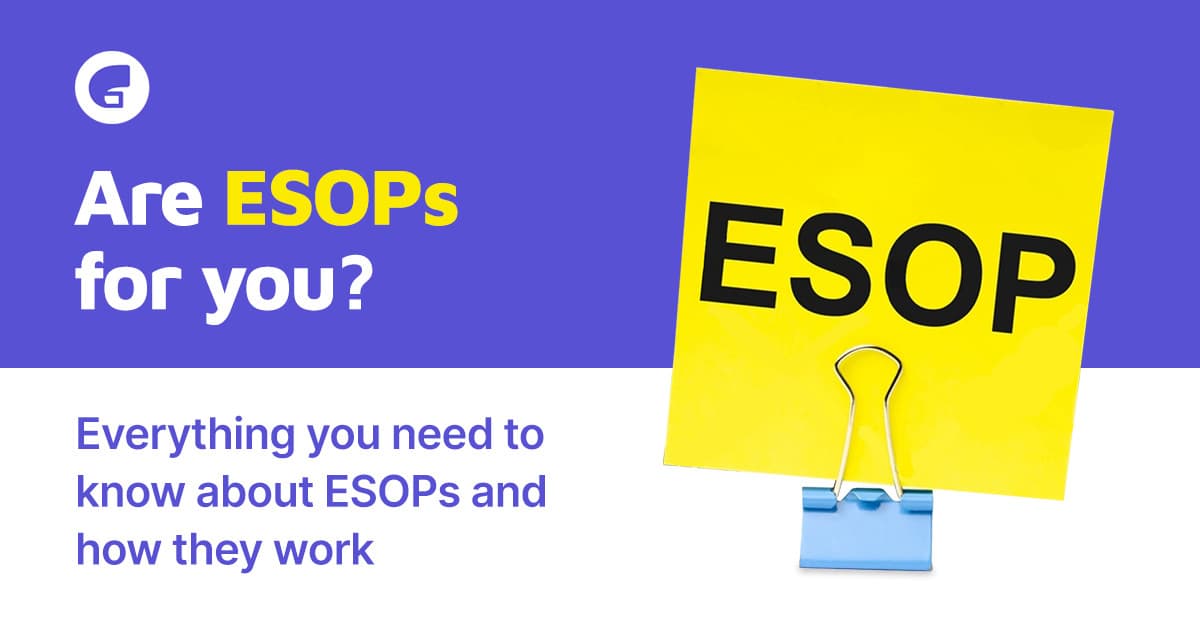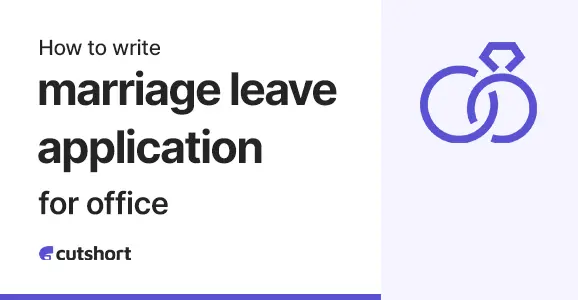It’s only been five months into this year, but Indian startup employees have made more than $159 Million in ESOP buybacks. That’s nearly ₹1200 Cr. – around ₹1.2 Cr. per employee on average if we assume as many as 1000 employees participated in the buyback.
This is the kind of number that can make anyone looking from outside get tempted and immediately want to jump the startup bandwagon for one of its best-fabled perks – wealth creation through equity.
But is it that easy? You join a startup, get ESOPs, and basically want to get rich quickly? Not really.
Most people find ESOPs complicated with all their legalese, clauses, and documentation, and many professionals prefer not to take ESOPs at all in favour of a higher cash component in their salaries because they aren’t entirely convinced of the long-term value of the company’s shares. It’s not just professionals; even 38% of Indian startups seem to have no ESOP programs or knowledge of what they entail, according to independent surveys.
So what’s the truth? Let’s find out as we demystify ESOPs and help you decide how to think about this while evaluating a new job offer.
What are ESOPs?
Simply put, ESOPs or Employee Stock Option Plans are instruments that give employees the right to buy a certain number of shares of the company in the future at a pre-decided price. Essentially, this means that employees are allowed to purchase X number of company’s shares after a certain period – say 4 years in the company – at a pre-decided price, say Rs. 1 or Rs. 10 each.
The waiting period is called the vesting period, during which the ESOPs cannot be purchased. The price at which the option to buy shares is given is called the exercise price.
So if you work at a company for, say, 5 years, you could end up owning its 10,000 shares at the end of the fifth year by paying Rs. 10 per share – or Rs. 1,00,000.
How do ESOPs work?
Once you exercise the right to buy, you become a shareholder in the company – like you would if you bought shares of a publicly listed company. This ownership gives you the right to sell these shares at a premium when a liquidation event occurs – such as new investors coming in for a fresh round of funding or the startup debuting on the public markets through an IPO.
Usually, high-growth companies see multiple fundraising rounds, and every time new investors come aboard, they buy off ESOPs from employees in lieu of money.
This is how if you had shares worth Rs. 1 Lakh earlier, you could hypothetically make Rs. 20 Lakh if the company’s valuation jumps as per the funding terms. This is what the promise of most startup ESOPs is – work with us for the long term, and we’ll create wealth for you that would otherwise be unimaginable.
Also read: Are Cutshort ESOPs really valuable?
Why do companies offer ESOPs?
Companies offer ESOPs for a bunch of reasons –
- Early startups that can’t currently offer high salaries or salaries that can compete with the market averages. Instead, these companies offer a stake in the growth of the business.
- Larger companies that offer ESOPs find that they can reduce employee turnover and increase loyalty by literally giving ownership to their employees.
- Many companies genuinely believe that the people who are behind building the company deserve ownership of it, so they either offer ESOPs or reduce stock prices for their teams.
Are all ESOPs good at wealth creation?
Well, it depends. ESOPs are essentially a bet that you place on the future of the company that you work with, and like all bets – it can go either ways. However, as a professional, it becomes important to carefully judge the company’s ESOP policy before making a decision based on them.
Let’s look at two examples –
Swiggy for example has rolled out a two-year policy for the ESOPs given to their employees. In July 2022 and July 2023, all employees who hold ESOPs in the company are eligible to liquidate them by selling them back to the company. Swiggy’s current valuation is estimated at $10.7 Billion.
Uber, on the other hand, has received much flak for their stock option policies. Although Uber offers stock options to their employees, the options of employees to buy these out if they leave the company are very restrictive. Employees can either buy their stock options out in 30 days or have to forfeit them to the company. Uber is currently chartering new employee-friendly stock option policies.
So how does one decide if they should go for ESOPs or negotiate a higher cash component in their salary instead?
Many companies offer ESOPs as a bundle in your salary. When you have a similar option, check in on what percentage the salary is and how much (probable) growth the ESOPs can offer. Overall, the ESOPs add to your remuneration and market value, but it’s a projection into the future.
The thumb rule is that ESOPs should be in addition to an attractive monthly take-home salary rather than a substitute for it.
The startup world is littered with horror stories of employees who joined really early-stage startups (before product-market fit_ and worked for 20% of their expected salaries while the rest was promised to them in ESOPs. However, the startups never took off, the stocks never vested, and employees were left with a bitter experience and strained finances.
What are the things that one should evaluate before signing up for ESOPs?
While it is impossible to accurately predict whether a certain company’s ESOP plan will generate wealth for you in the long term, there are some pieces of information that you can collect and make an informed decision.
For instance, it’s important to research company growth, valuation, and future plans before you accept ESOPs. It’s easy to feel more valued by ESOPs, but if your company doesn’t grow at its planned potential, it’s a loss of your money and time.
Think of companies like Razorpay that have a demonstrated history of doing buybacks at regular intervals versus an early-stage company that is still forming its ESOP policy and is yet to raise series A funds. Clearly, an established company’s ESOP plan is likely to be more stable, but the value is correlated with risk, so an early-stage company ESOPs carries high risk but an equally high reward in case the company is able to scale and increase its valuation quickly.
Similarly, you can evaluate your decision further by asking questions such as these:
- Where does the company’s revenue come from?
- Is the valuation of the company based on funding rounds alone or are the revenues growing super fast too? Valuations based on funding rounds are often artificially high and can be volatile.
- Does the company have investors? Is it VC-backed? If so, who are the investors? If not, when does the company plan to raise funding?
- Has the company raised a lot of funding over many rounds? If yes, then remember that the company needs to exit at a much higher valuation for common shareholders and employees to make any money. This is due to the liquidation preference that investors typically get.
- How quickly is the company raising money? If the company has raised VC rounds and is not profitable yet but hasn’t raised money recently, it could mean that raising money is becoming difficult and hence ESOPs could be riskier there.
- What are the company’s people and culture policies? What is the employee turnover the company sees on average? ESOPs aren’t a substitute for a good working culture.
- What is the company’s policy on ESOPs vesting and forfeiture if someone leaves the company during the vesting period? Candidates usually prefer companies that have liberal vesting and exercise options.
Bottom line
ESOPs are a way for companies to attract and retain promising talent while it can be a great wealth generation tool for professionals who do their research and pick the right companies at the right stage of their lifecycle.
If offered by companies who take their ESOPs seriously and who end up becoming successful, ESOPs can bring in a great return on your time and dedication to a startup, but it’s important to evaluate options and do deep scrutiny of the policies as well as the employers before signing the dotted line.





